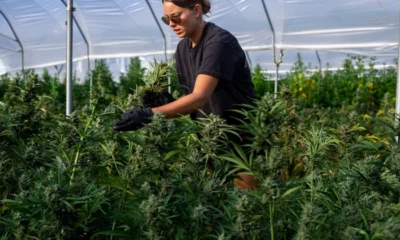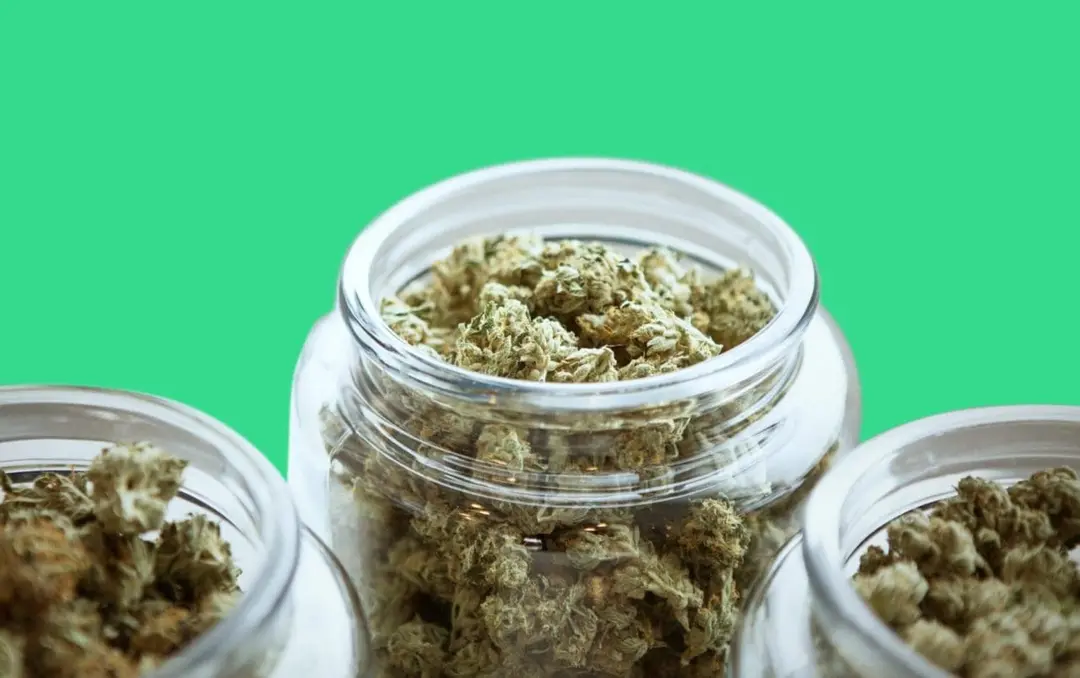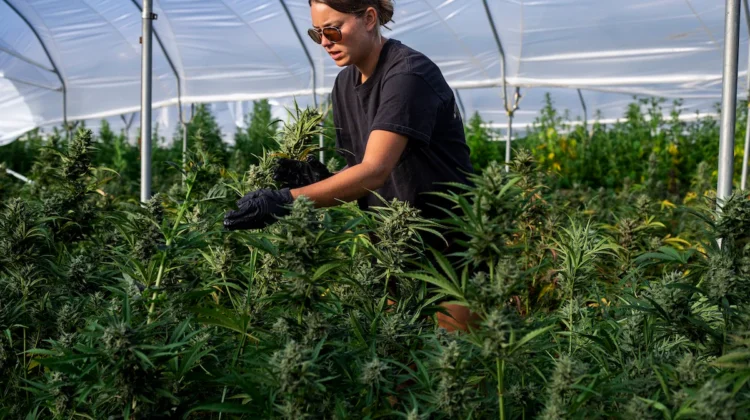“Cannabis presented through a luxury lens” is the motto of a new, three-story marijuana emporium called Charlie Fox, located at 719 Seventh Ave. at West 49th Street in Manhattan and opening in December.
Sprawling across 6,000 square feet, it will sell only slightly fewer forms of ganja and related products than the Fantastic World of the Portuguese Sardine, around the corner, sells varieties of canned fish.
A Leading Medicinal Cannabis Company in Boyacá, Colombia

Consumption
NY’s new ‘luxury’ legal cannabis dispensaries are as bad, in their own way, as the creepy illicit ones
Consumption
10 Best Weed Strains for Beginners
Consumption
6 Eco-Friendly Cannabis Brands Making a Difference in New York
-

 Cannabis News2 years ago
Cannabis News2 years agoDistressed Cannabis Business Takeaways – Canna Law Blog™
-

 One-Hit Wonders2 years ago
One-Hit Wonders2 years agoUnited States: Alex Malyshev And Melinda Fellner Discuss The Intersection Of Tax And Cannabis In New Video Series – Part VI: Licensing (Video)
-

 Cannabis 1012 years ago
Cannabis 1012 years agoWhat you Need to Know
-

 drug testing11 months ago
drug testing11 months agoDrug Testing for Marijuana – The Joint Blog
-

 Education2 years ago
Education2 years agoNCIA Write About Their Equity Scholarship Program
-

 Cannabis2 years ago
Cannabis2 years agoIt has been a wild news week – here’s how CBD and weed can help you relax
-

 Marijuana Business Daily2 years ago
Marijuana Business Daily2 years agoCannabis, alcohol firm SNDL loses CA$372.4 million in 2022
-

 California2 years ago
California2 years agoA new April 20 cannabis contest includes a $40,000 purse
























